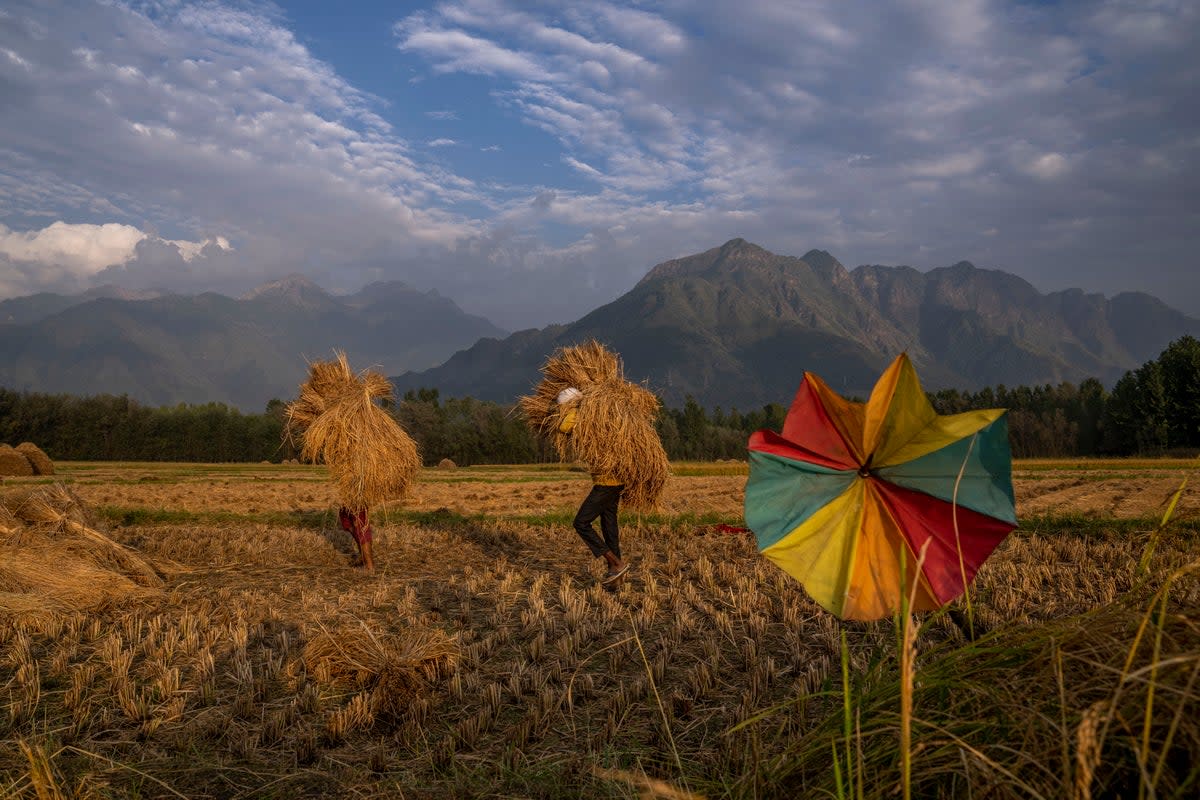India rice export ban will fuel ‘volatility’ in global food prices, IMF warns

- Oops!Something went wrong.Please try again later.
India’s move to slash its rice exports will “exacerbate volatility on food prices” globally and should be reconsidered, the International Monetary Fund’s chief economist has warned.
Narendra Modi’s government last week banned the export of non-basmati white rice to stabilise domestic prices ahead of key national elections next year following difficult harvests.
Indians are already seeing skyrocketing prices for tomatoes, leading to shortages, robberies and even consumers travelling to neighbouring Nepal to find supplies.
India is the world’s largest supplier of rice and non-basmati grains account for one-quarter of its total rice exports.
Echoing similar concerns, the IMF’s Pierre-Olivier Gourinchas said India’s move could have the same impact on world supplies as the suspension of the Ukraine Black Sea grain export deal, helping drive up prices in other countries.
“In the current environment, these types of restrictions are likely to exacerbate volatility on food prices in the rest of the world, and they can also lead to retaliatory measures,” Mr Gourinchas told a press conference.
“We would encourage the removal of these type of export restrictions because they can be harmful globally.”
He said global grain prices, which are already at an 11-year high, could rise 10-15 per cent this year and India’s move could put a further strain on the rates.
India accounts for more than 40 per cent of the world’s rice exports and its decisions carry an impact for the world’s food security.
Rice prices jumped internationally to a five-year high in June after the Indian government announced an increase in minimum support prices for farmers.
Last year, India’s move to ban wheat exports led to a global outcry.
While rising food prices have a number of reasons behind it, one of the concerns globally is the recurring heat and erratic monsoon that has been impacting agricultural production worldwide, including in India, which has been grappling with repeated extreme weather events.
Fears of shortages also pose challenges of stockpiling.
Rice serves as a vital staple for around half of the global population, with Asia alone accounting for around 90 per cent of the world’s rice consumption. Importing countries such as Indonesia, China and the Philippines have been aggressively stockpiling rice this year.

